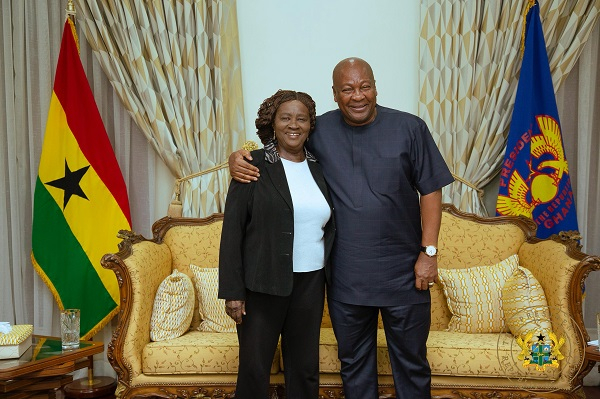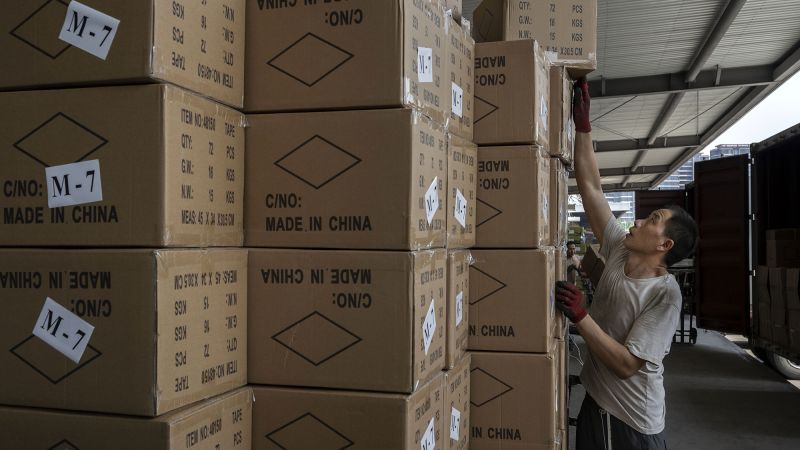China has pledged to give $500 million to the World Health Organisation (WHO) as the country is set to replace the United States as the group’s top state donor, expanding Beijing’s global influence in the wake of Washington’s retreat from international cooperation.
Chinese Vice Premier Liu Guozhong told the World Health Assembly that his country is contributing to opposing “unilateralism,” a trait Beijing often ascribes to Washington as relations between the two powers deteriorate.
President Donald Trump ordered the U.S. withdrawal from the WHO in January, leaving Beijing as the top donor and most powerful member country.
“The world is now facing the impacts of unilateralism and power politics, bringing major challenges to global health security,” Liu said Tuesday in Geneva. “China strongly believes that only with solidarity and mutual assistance can we create a healthy world together.”
China’s pledge of $500 million, which Liu said would be given over the next five years, is one of the clearest examples of Beijing’s efforts to step into a global leadership void left by Trump as he pursues his “America First” foreign policy.
“The Trump administration’s attacks on and contempt for international governance have offered new opportunities for Chinese diplomacy,” said Zhao Minghao, a professor of international relations at Fudan University in Shanghai.
At the assembly on Tuesday, Health and Human Services Secretary Robert F. Kennedy Jr. called the organisation “moribund” and “mired in bureaucratic bloat.”
Beijing, meanwhile, has worked to portray itself as a superior alternative to U.S. power — namely, as a responsible global leader and defender of the international order.
Under leader Xi Jinping, China has pursued a more aggressive foreign policy in its bid to replace the U.S. as the world’s preeminent power — a strategy that requires more friends — and has sought to rewrite the rules of the global order in its favour.
Zhao said he expects Beijing to play a bigger role in international cooperation when it comes to public health, but also climate change and the green-energy transition. China produces more than 60 per cent of the world’s electric cars and 80 per cent of the batteries that power them.
In contrast to Trump, who has ordered the U.S. to withdraw from the Paris climate agreement, the landmark international treaty to reduce carbon emissions, Beijing has reaffirmed its commitment to the accord and stepped up investments in green-energy infrastructure in Southeast Asia and other regions.









